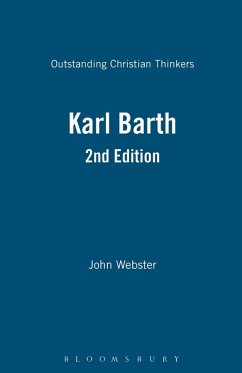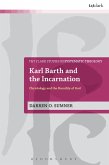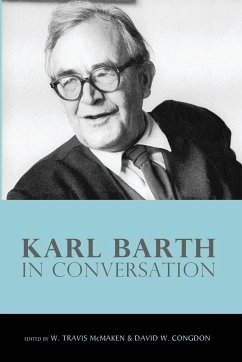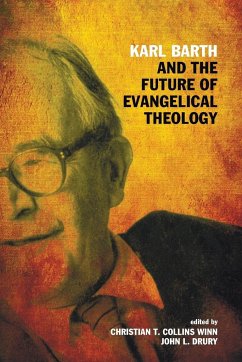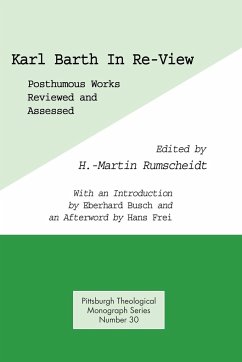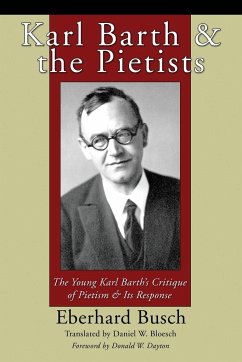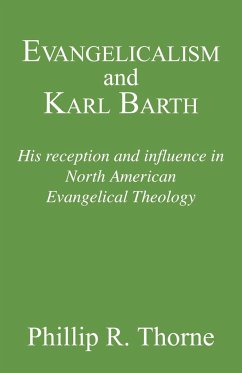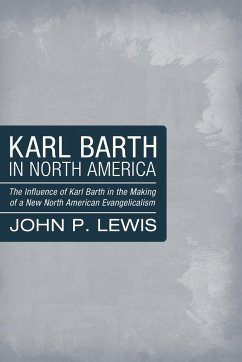Karl Barth (1886-1968) has been called the most important Protestant theologian since Schleiermacher. A lifetime of work produced a huge and complex body of writings that emerged from both his theological teaching and from his engagement in church life. The publication of some of his work posthumously has invited fresh and attentive interpretations of his thought. This book draws together these readings to provide a clear and authoritative introduction to the main themes in Barth's theology. In an accessible way, it shows the continuity and coherence of Barth's work and stresses the importance of his biblical and ethical writings alongside his systematic theology. The book focuses on Barth's response to modernity, postmodernity and the tasks of theology, presenting him as an outstanding resource for constructive theology in our age.
Bitte wählen Sie Ihr Anliegen aus.
Rechnungen
Retourenschein anfordern
Bestellstatus
Storno

